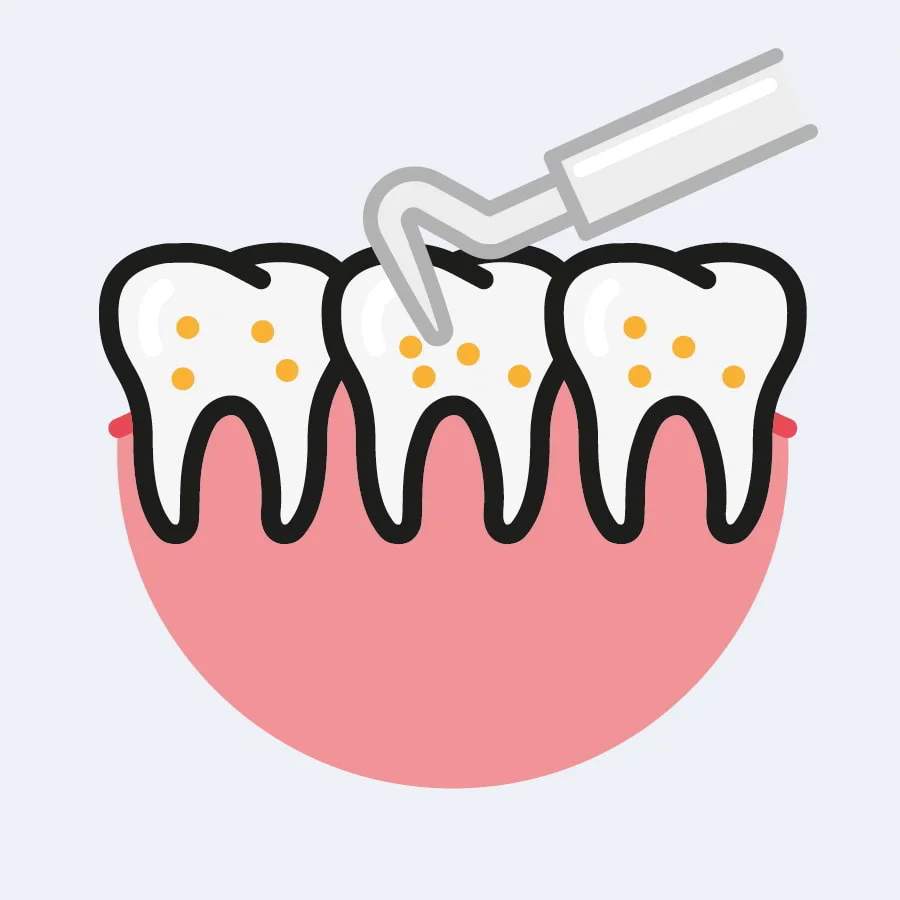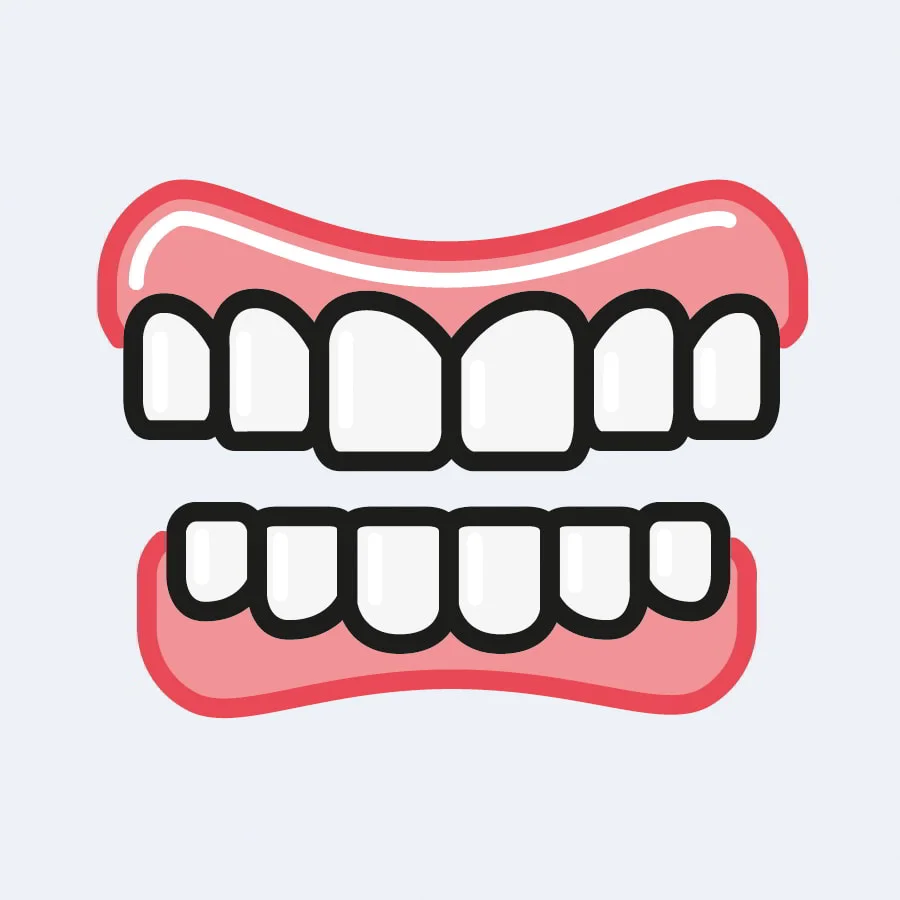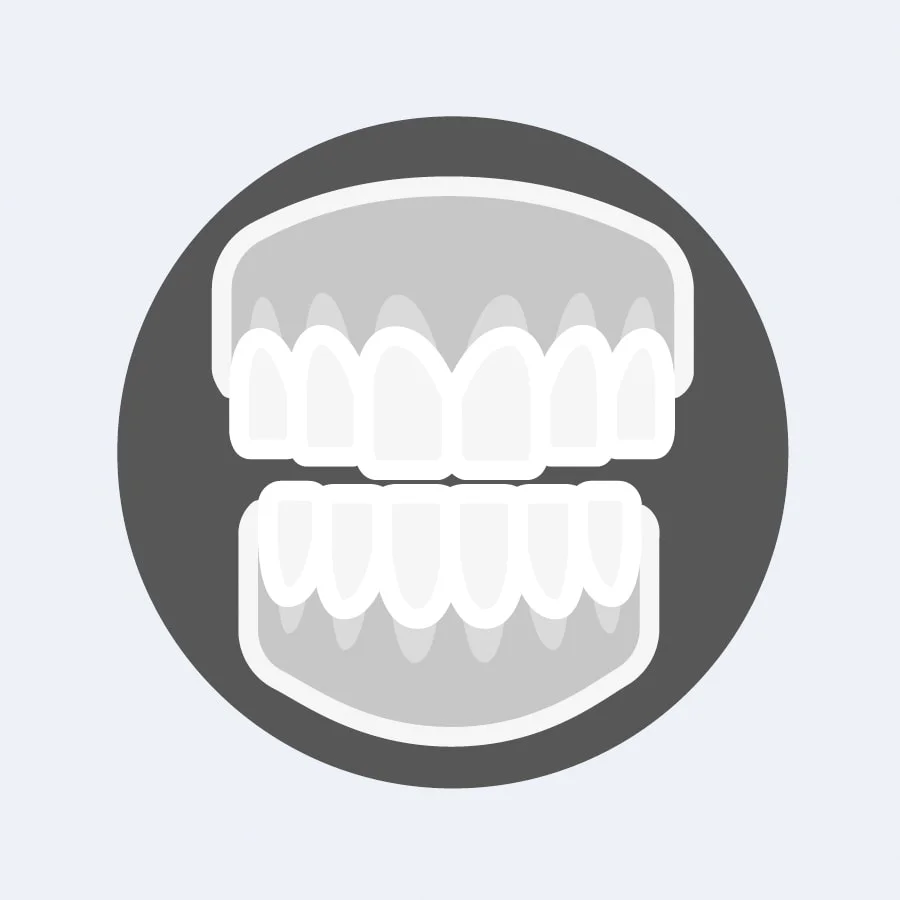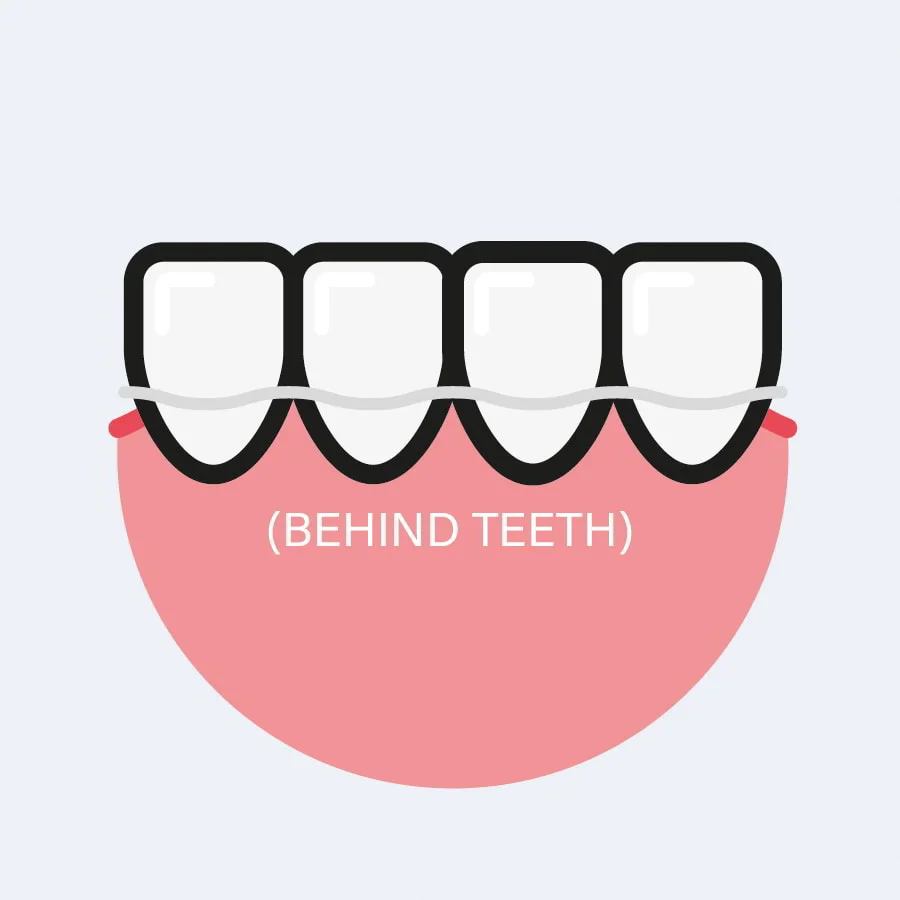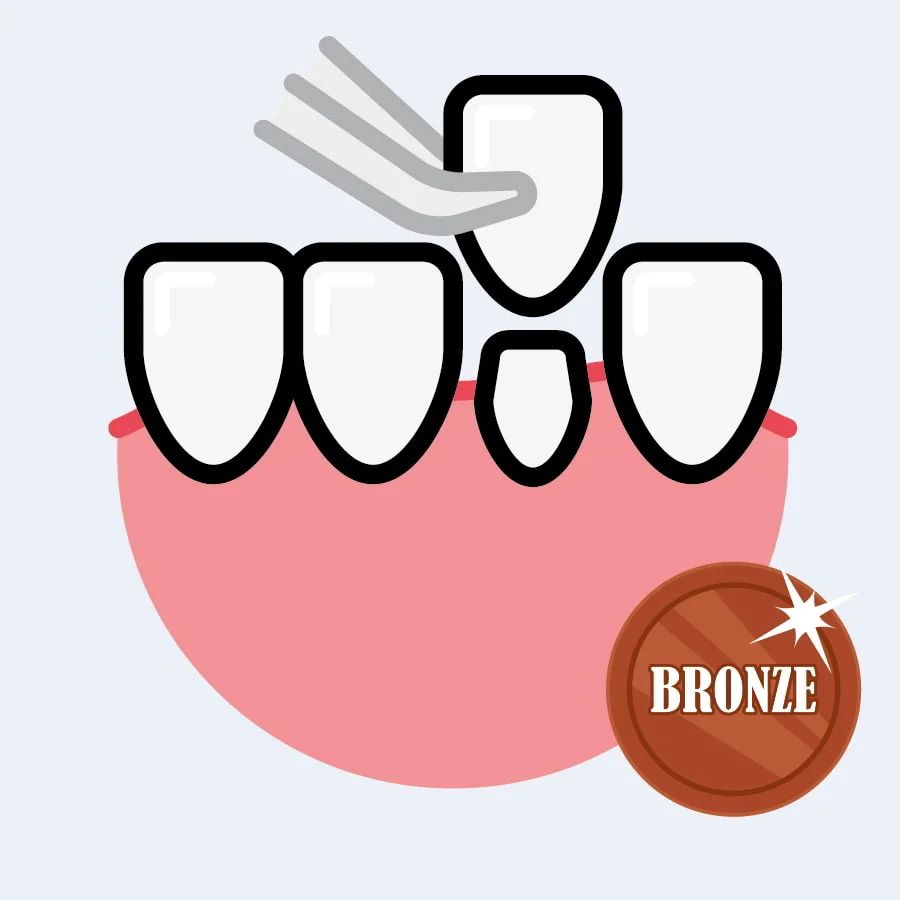What is scaling?
Scaling is one of the treatments that a qualified dentist, hygienist or therapist can use to aid healthy gums. Scaling allows the dentist to remove the plaque and tartar from under the gum lining, which cannot be reached with your everyday toothbrush, helping to prevent gum disease. Gum disease is common and varies in severity from patient to patient, so regular hygiene appointments are essential to keep gum disease at bay.
How do I know if I need dental scaling?
Scaling may be useful if your gums have become inflamed. When your gums become inflamed, it allows bacteria to enter, causing a buildup of plaque. Cleaning under the gumline to remove this plaque is essential to prevent gum disease, but this level of cleaning cannot be achieved at home and requires the specialist equipment of a trained practitioner.
Is scaling painful?
Scaling shouldn’t be painful, though it can be a little invasive and may be uncomfortable. If you are experiencing pain during the procedure, make your dentist aware of this immediately. Your dentist may use an anaesthetic to numb the area if you are concerned about being in pain.
What aftercare is required?
Because the treatment can be invasive on the gums, you may feel some swelling and tenderness. You may also experience some bleeding. Any pain or discomfort should subside within a few days. See your dentist again if you continue to experience pain.









Patient Reviews


